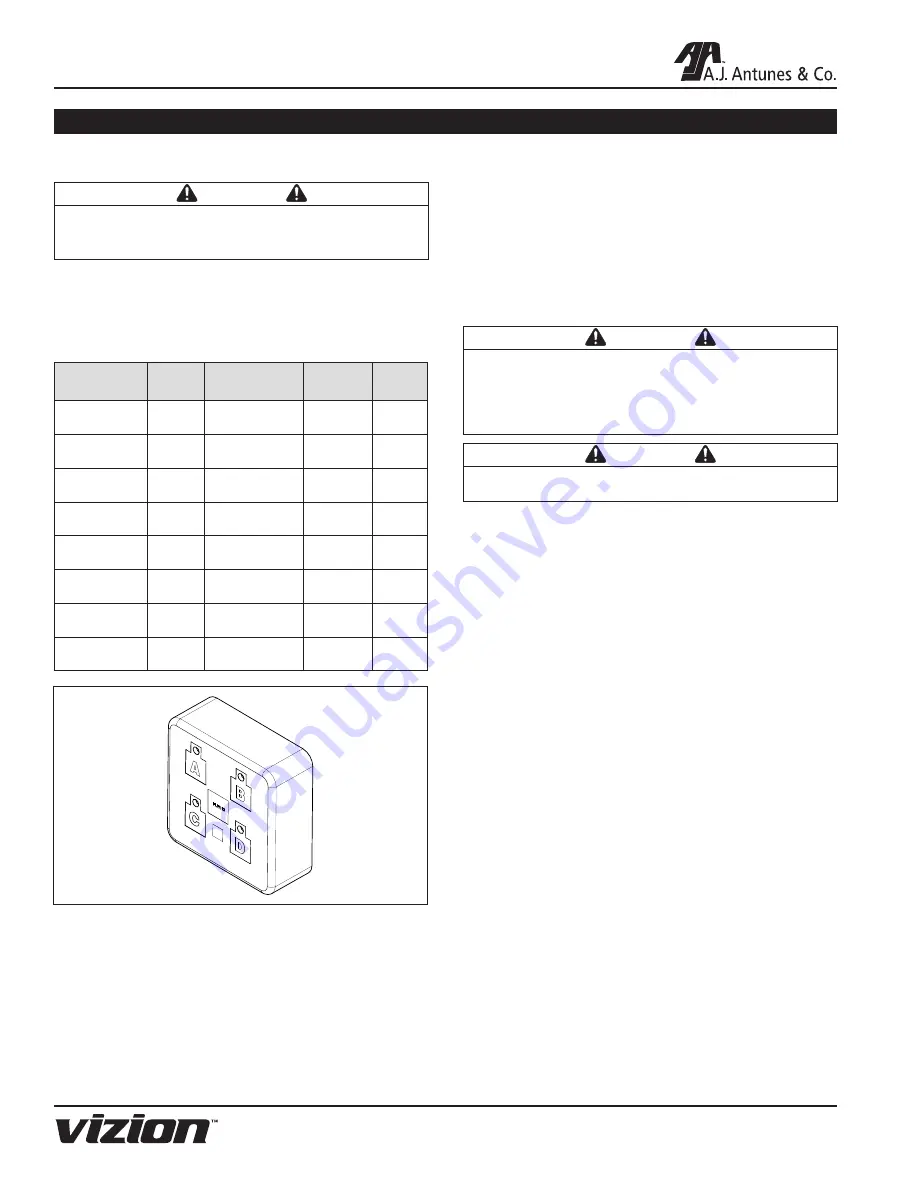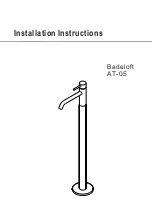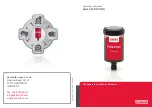
VZN T5 SERIES
18
P/N 1011066 Rev. G 12/13
MAINTENANCE (continued)
Changing the Interval Setting
Resetting the Timer Program
During the normal operation, the system will flush accord-
ing to the set interval. It is possible the system will flush at a
time of high water use. If this poses a problem, the controller
can be reset. Unplug the power supply, wait for 5 seconds,
and then plug the power supply in. When power is restored
to the controller, it will automatically enter Flush Mode. The
controller will then begin timing from the point when power is
restored based on the interval setting selected.
Flush
Interval
Button
Hold Time
Button
LED
Flush
LED
15 minutes
A
10 seconds
On
On
30 minutes
B
10 seconds
On
On
45 minutes
C
10 seconds
On
On
1 hour
A
5 seconds
On
Off
4 hour
B
5 seconds
On
Off
6 hours
C
5 seconds
On
Off
12 hours
D
5 seconds
On
Off
24 hours
D
10 seconds
On
On
CAUTION
Changing the flush interval can cause the Ultra Filter to
plug prematurely and may reduce the life of the filter.
Consult the factory for more information.
Though not recommended, the interval setting on the
Universal Pulse Controller can be changed. If the setting must
be changed, use the chart below. Press and hold the corre-
sponding button. After 5 seconds, the Button LED will turn on.
After 10 seconds, the Flush LED will also turn on.
Figure 12. Universal Pulse Controller
Semi-Annual Tasks
Check Permeate Tank Air Pre-Charge
It is recommended the permeate tank air charge be
checked every six months.
Tools and supplies required:
•
Air Pressure Gauge, 5‒40 psi range (0.3‒2.7 bar)
with tire valve (Schrader Valve) connection
CAUTION
Air pre-charge should only be checked and adjusted
under zero system pressure. The system must be
depressurized before checking the tank pre-charge.
Do NOT adjust the tank air pre-charge with the system
under pressure.
CAUTION
Be careful when adding air to the tank. Do NOT add too
much air pressure to the tank.
• Source of compressed air (manual bicycle tire
pump or air compressor)
1. Refer to Figure 1. Depressurize the system by
closing the Inlet and Outlet Valves and opening
the Rinse Valve. Make sure the Permeate Tank is
fully drained.
2. Unscrew the protective cap from the air valve on
the tank.
3. Use the pressure gauge to check the tank pre-
charge for pressure.
NOTE:
If any water comes out the air valve, the tank
bladder has ruptured and the tank needs to be
replaced.
4. The permeate tank should have a pressure of 28-
31 PSI.
• To add pressure to the permeate tank, use a
manual bicycle tire pump or other source of
compressed air.
• To release pressure from the permeate tank,
press the center pin on the air inlet valve.
5. Once the permeate tank is at 28-31 PSI, replace
the protective cap on the air valve.
6. Pressurize system by closing the Rinse Valve and
opening the Inlet and Outlet Valves.







































